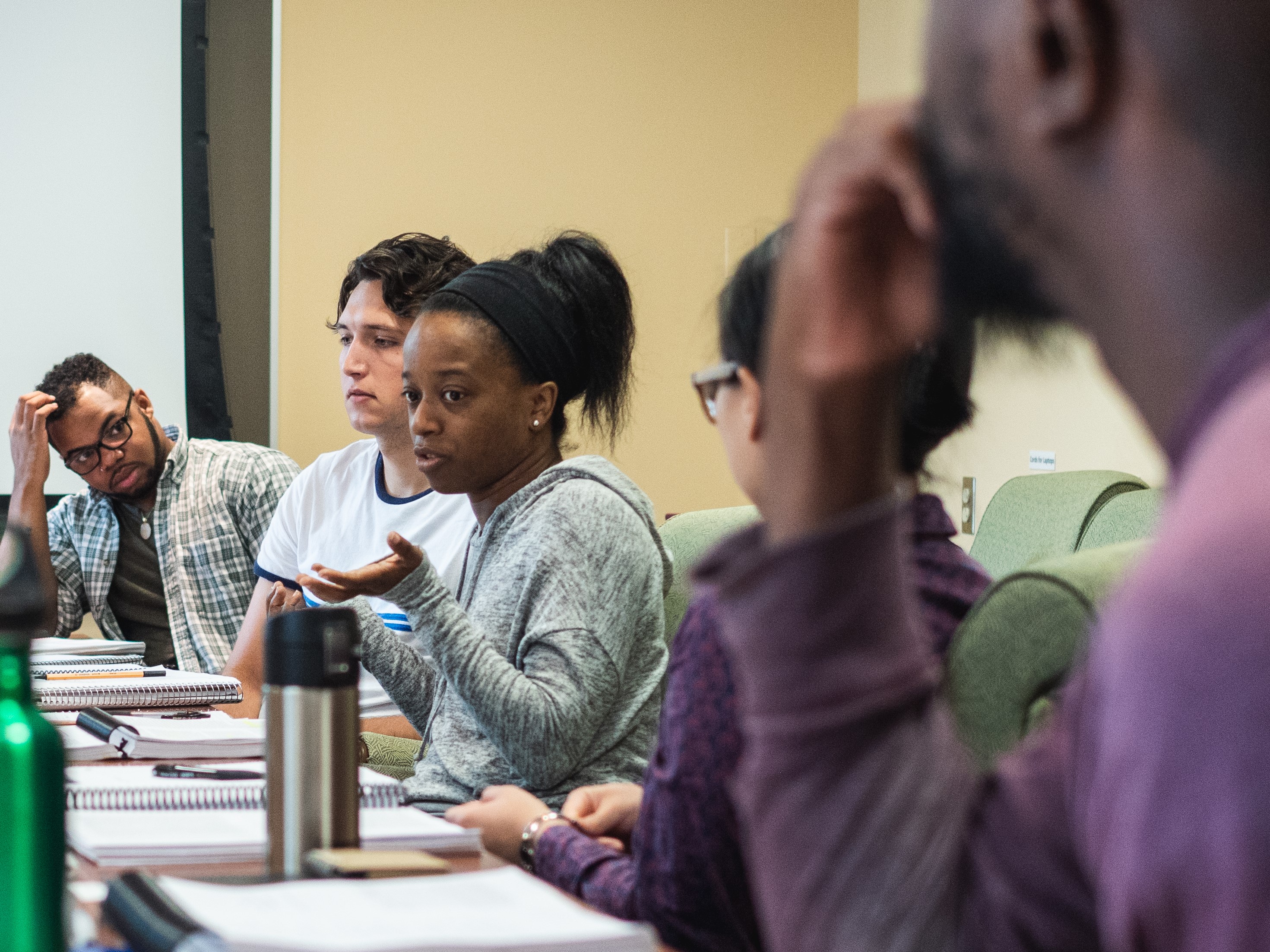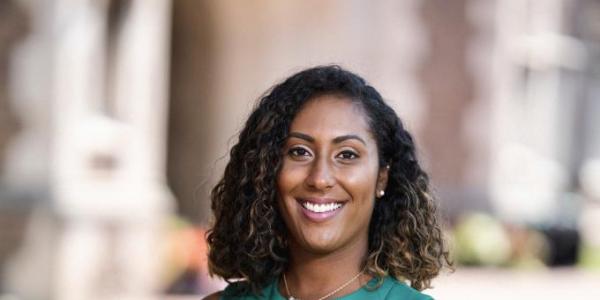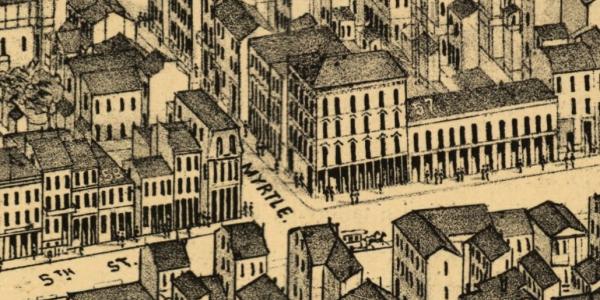A Distinct Vantage Point
Arts & Sciences at Washington University in St. Louis is poised to take a global leadership role in studies of systemic inequities and the power structures that perpetuate them.
St. Louis offers a distinct vantage point on these discussions. Beginning as one of the largest Native American cities in North America, the region has seen overlapping empires struggle to control the area. As the city developed, waves of immigration washed across the city, bringing rich cultural variation, even as segregation defined the contours of its neighborhoods. Several of the most significant Supreme Court cases to address racial discrimination in housing arose from lawsuits in our city.
In 2014, the killing of Michael Brown in Ferguson dramatically expanded the Black Lives Matter movement into an international campaign against violence and systemic racism. But these issues are not unique to our home city. In many ways, St. Louis exemplifies a post-industrial city, rich with resources but grappling with issues of equity and justice faced by so many communities across the nation and beyond our borders.
In the past decade, Arts & Sciences at Washington University has developed thriving departments of African and African-American Studies, Sociology, and Women, Gender, and Sexuality Studies, all of which examine local and global issues of racial justice and equity. In addition, we have helped create the Center for the Study of Race, Ethnicity, & Equity and partnered in a hiring initiative focused on the study of race and ethnicity.
Building on these and other strengths, we will invest in new opportunities to research and understand the underlying structures of race, power, equity, and justice; identify solutions to advance inclusion and equity more broadly as well as among our own faculty, staff, and students; learn from the local community; and engage community members in practical solutions that serve St. Louis while addressing questions surrounding race and justice nationally and globally.


